Propagating an end to violence in Balochistan, protestors gathered at Aabpara Chowk on Tuesday to raise voice for the Baloch people whose daily killings remain largely unreported.
“Where are all the religious and political parties, the civil society and those that claim to champion human rights?” lamented Senator Nasir Ali Shah of Pakistan People’s Party, motioning at the group of around 40 student activists and party members gathered under the umbrella of the Awami Workers Party (AWP).
Appreciating the sentiment behind the demonstration, which condemned the involvement of state agencies in torturing, kidnapping and killing of Baloch youth and the massacre of the Hazara community, Shah wished that such an awakening could transpire within other political, religious, educational and civilian groups across Pakistan.
“Most young Punjabis don’t even know where Quetta is,” scoffed 19-year-old Mohammad Naseer, who feels that the bulk of Pakistan’s youth is unaware of the dire situation in Balochistan. Naseer blames this ignorance on the media, which is one of the largest sources of information within Pakistan.
Agreeing with Naseer’s grievances, Alia Amirali of the National Student Federation blamed television, newspapers and syllabi in schools and colleges for encouraging the establishment’s charade to keep the nation detached from the Baloch issue.

“It is our responsibility to educate the youth, and involve them in the struggle against the colonisation of Balochistan,” she shared, explaining that the military was not “part of the solution” when it was responsible for the mess through its “sponsoring of radical Islamist groups”.
Spokesperson for the Jamiat-e-Ulema-e-Islam (JUI-F), Jan Achakzai, in a conference held earlier on “Peace in Balochistan and the Role of the Federation” came down hard on the establishment. Criticising talks on Balochistan as mere drawing room discussions, he explained that there wasn’t a single grade-21 and above officer from Balochistan posted in Islamabad.
BNP chief Akhtar Mengal stressed the need to change the “biased thought process against Balochistan, particularly in Punjab”, where majority resources are diverted and dissenting voices are hushed.
“We talk about fighting terrorism, but we are terrorised most by those who wear uniforms to protect us,” expressed AWP member Aasim Sajjad Akhtar, who believes that the Kashgar-Gawadar economic corridor was a higher priority for the chief minister and Prime Minister than the restoration of peace in Balochistan, which in itself is integral to the success of the ‘game-changing’ highway.
Roundtable discussion
Meanwhile, a roundtable discussion on Tuesday called for formation of a committee of all stakeholders to recommend short and long term measures for handling the situation in Balochistan.
Speaking at the discussion, organised by the Muslim Institute, PML-N Senator Raja Zafarul Haq said his government had given a complete opportunity to the local parties to form government in the province. Former army chief General Mirza Aslam Beg said no serious efforts had been made in the past to handle the Balochistan situation politically. He blamed foreign agencies for involvement in terrorism in the area and hoped that the political process would be expedited for the betterment of the province. Muslim Institute Chairman Sultan Ahmad Ali said Balochistan has become the centre of attention internationally due to its geostrategic location and rich natural resources. Terming Gwadar Port as ‘significant’ for the entire region, he called for improving governance and strengthening infrastructure in the province.
Published in The Express Tribune, July 10th, 2013.
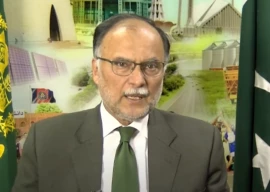

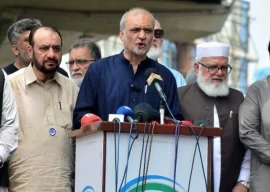
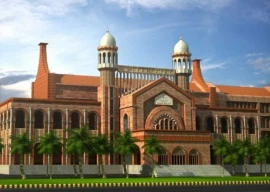

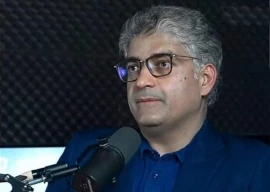


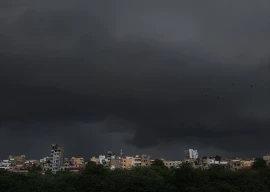


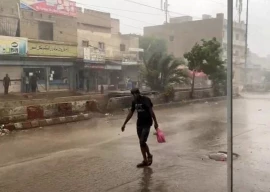






COMMENTS
Comments are moderated and generally will be posted if they are on-topic and not abusive.
For more information, please see our Comments FAQ